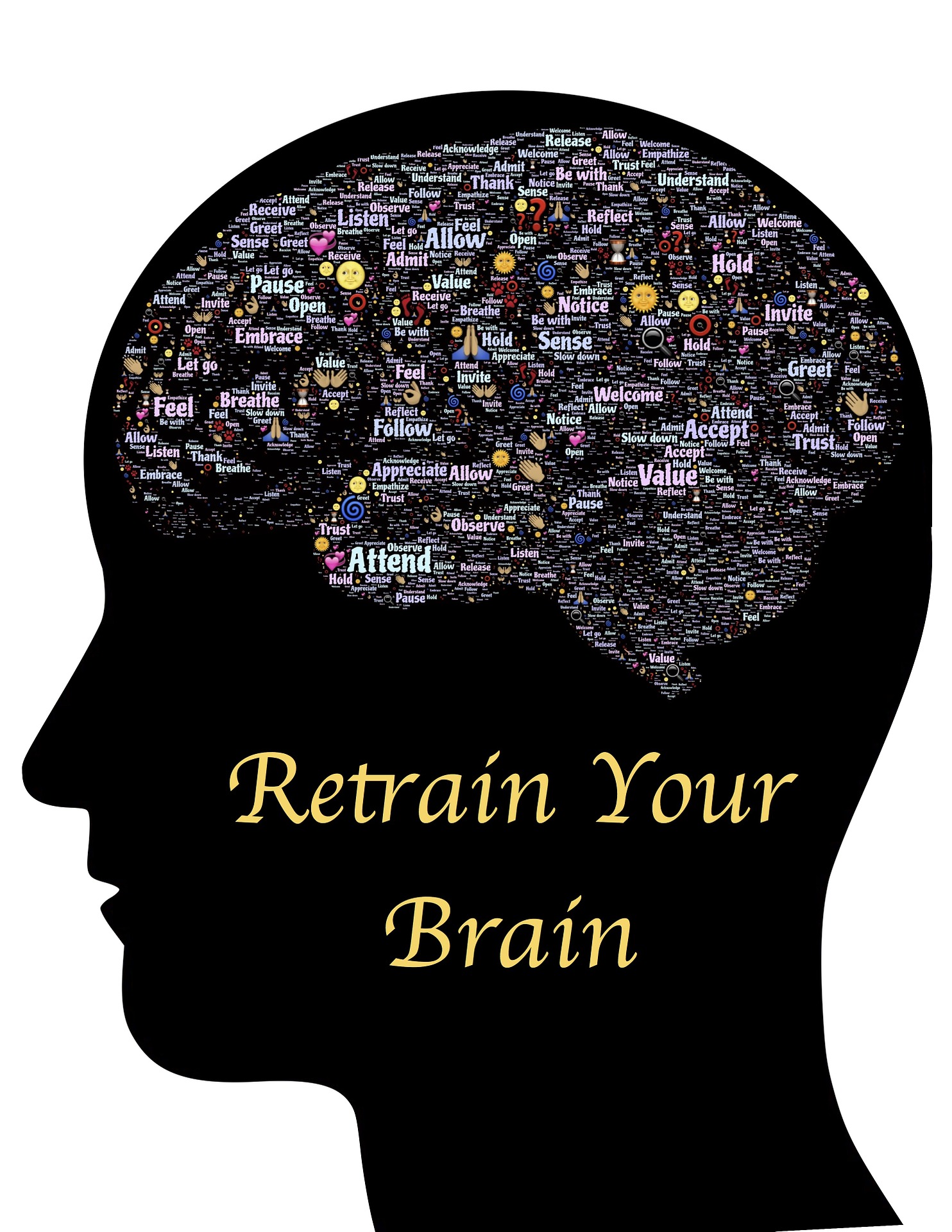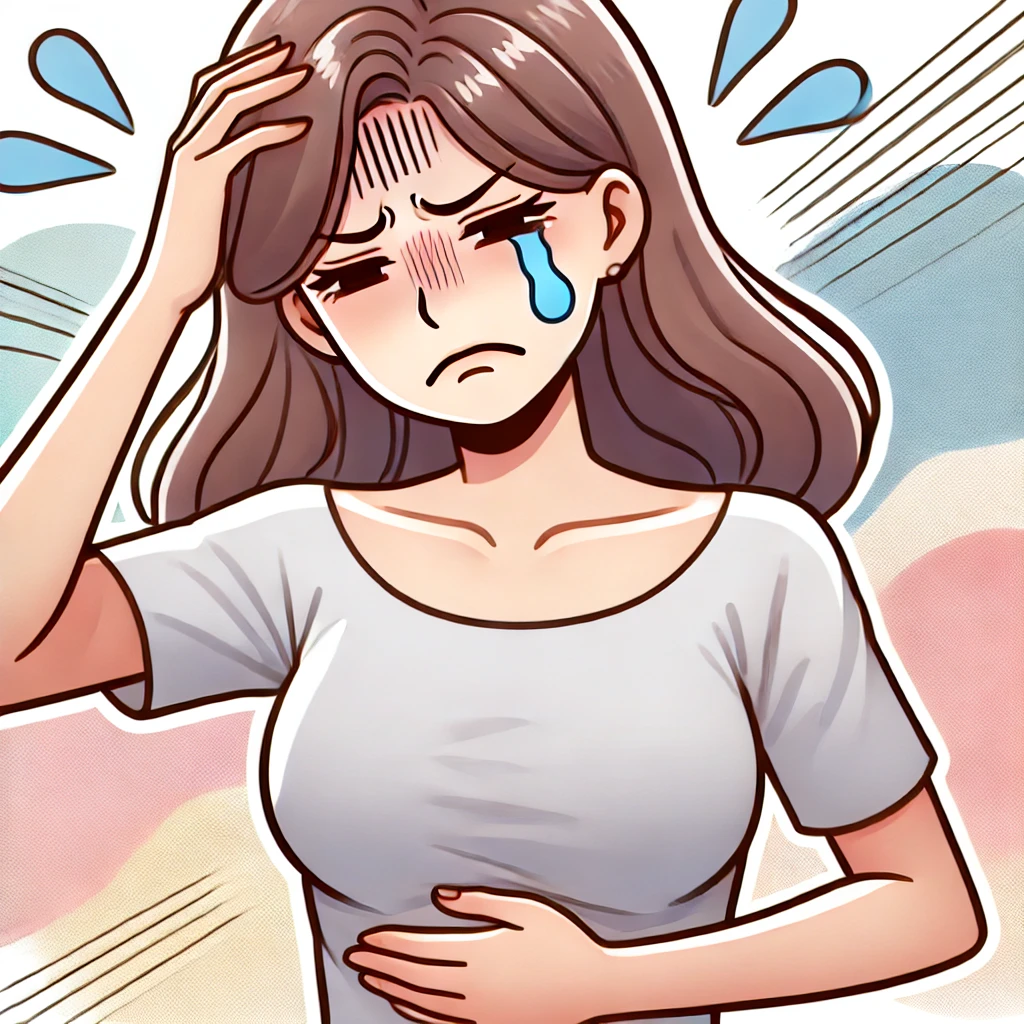
ADHD and Gratitude
Gratitude Letters and Visits

Gratitude Letters: Skills to Practice
Gratitude doesn't always come naturally, but it's a skill that can be developed, especially beneficial for individuals with ADHD. For those facing ADHD, gratitude practices can be a vital tool in managing symptoms, given the tendency towards rumination and focusing on negative experiences. Practicing gratitude, such as through journaling or writing letters, allows for a positive shift in mindset, moving away from the negativity that often surrounds living in a neurotypical world where criticism and discrimination are frequent.
Studies have shown that gratitude letters can not only decrease depression for the letter writer for up to three months but also enhance well-being and happiness for both the sender and recipient. This effect is particularly important for ADHD individuals, who may experience an intensified impact from such positive interventions.
Crafting a Gratitude Letter
Martin Seligman, a pioneer of positive psychology, offers guidance that's especially relevant for those with ADHD:
- Write the letter on a single page and consider laminating it for a personal touch.
- Take your time to write the letter, even up to a month, reflecting deeply on the positive influence someone has had on your life. This process can help counteract the ADHD inclination towards negative thinking.
- Schedule a surprise meeting to share this letter, creating a moment of connection and appreciation. Alternatively, in times of social distancing, this could be done virtually for a meaningful interaction.
Gratitude Letters Without the Visit
Not everyone is comfortable with direct expressions of gratitude. Writing a letter without the intention of sending it, or choosing to send it in a more conventional way, still offers significant benefits. This can be a series of letters to various people who've impacted your life or a single letter to test the waters of this practice. For someone with ADHD, this activity provides a structured way to articulate thanks and appreciation, which can be therapeutic and uplifting.
Why Gratitude Letter Writing?
Translating gratitude into written form has a more profound impact than merely thinking thankful thoughts. For individuals with ADHD, who may struggle with organizing thoughts and controlling focus, writing provides a tangible way to solidify feelings of gratitude, significantly affecting mental health and emotional well-being.
What the Research Says
While a 2020 meta-analysis suggests that the effects of gratitude interventions on depression are modest, it's clear that fostering a grateful disposition leads to higher happiness and adjustment levels. For women with ADHD, who navigate the added complexities of criticism and misunderstanding, gratitude practices can be a in a sometimes challenging landscape. Engaging in gratitude can counterbalance the negative biases that ADHD individuals often experience, encouraging a more positive outlook on life.
Guidelines for Your Gratitude Letter
When writing a gratitude letter, consider the impact the person has had on your life, whether they're from your past or present. Reflecting on these relationships can deepen your appreciation and enhance your sense of connectedness, which is particularly valuable for individuals with ADHD who may feel isolated due to misunderstandings related to their condition. Here are some prompts to get you started:
- For a person from your past: How might your life have been different if you hadn't met them? What lessons did they teach you? How have you grown or improved because of their influence?
- For someone currently in your life: Imagine your life without this person. What would you miss the most? What do they bring to your life that you're thankful for? Do you express your appreciation for them enough?
- For a stranger: Consider the ways this person adds value to your life. How do they contribute to your day-to-day functioning? Reflect on their impact not only on you but on others as well.
Gratitude Isn't Toxic Positivity
It's essential to acknowledge that gratitude practices, including writing letters, are not about enforcing a facade of positivity or ignoring real challenges and emotions. Instead, gratitude can coexist with acknowledging and processing negative feelings, offering a balanced perspective that recognizes the good alongside the difficulties. For individuals with ADHD, this balanced approach is crucial, ensuring that gratitude becomes a genuine source of strength rather than a pressure to appear 'okay' all the time.
Tailoring Gratitude Practices for ADHD
Given the unique challenges faced by those with ADHD, including a heightened risk of depression and anxiety, incorporating gratitude into daily routines can be a practical strategy for mental health management. However, it's vital to approach these practices with flexibility and self-compassion, recognizing that some days might be harder than others. Gratitude is not a one-size-fits-all solution but a personal tool that can be adapted to fit one's needs and circumstances.
Conclusion
Gratitude letters and visits offer a profound way to cultivate a positive mindset and strengthen connections with others, serving as a valuable coping mechanism for women with ADHD. By engaging in these practices, individuals can combat negative thought patterns, foster well-being, and navigate the complexities of ADHD with a more resilient and optimistic outlook. Remember, gratitude is a journey, not a destination, and every small step taken towards appreciating the good in life is a step towards greater mental health and happiness.
Cregg, D., & Cheavens, J. (2020). Gratitude Interventions: Effective Self-help? A Meta-analysis of the Impact on Symptoms of Depression and Anxiety. Journal of Happiness Studies, OnlineFirst, 1-33.
Emmons, R. A. (2013). Gratitude works!: a 21-day program for creating emotional prosperity
. Hoboken, NJ: John Wiley & Sons, Inc.
Medical information obtained from this website is not intended as a substitute for professional care. If you have or suspect you have a problem, you should consult a healthcare provider.





